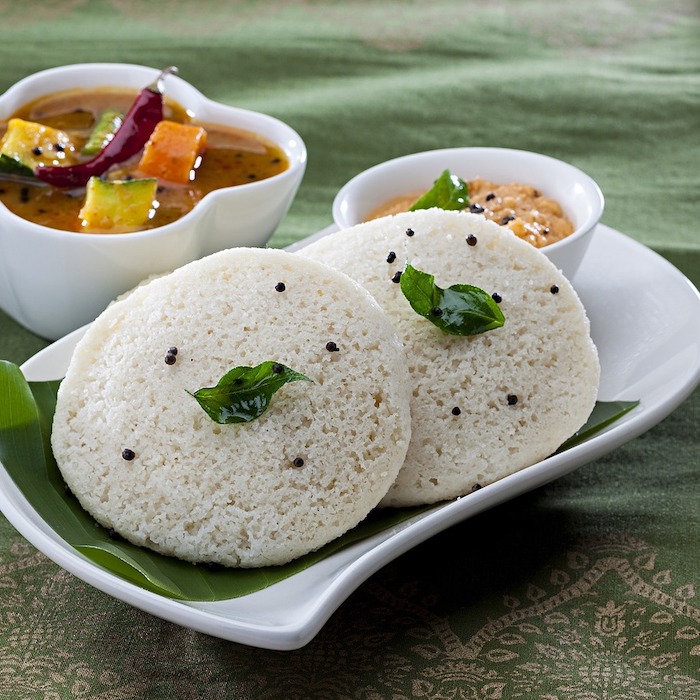
Fermentation and Its Significance
Fermentation is a traditional process that has been widely used in Indian cuisine for centuries. The process of fermentation involves the use of microorganisms like bacteria and yeast to break down sugars and other compounds present in foods and beverages. This process is widely used in the production of many Indian foods and beverages, including yoghurt, idli, dosa, pickles, and fermented drinks like kanji.
Fermentation relies on the presence of microorganisms, which consume the sugars present in foods and convert them into other compounds like lactic acid, acetic acid, or alcohol. This process gives foods their characteristic flavours and aromas and can also increase their nutritional value and shelf life. Fermentation is often used to preserve food and beverages. The process of fermentation can help preserve the food by creating a favourable environment for the growth of beneficial bacteria, which can prevent the growth of harmful bacteria.
Yoghurt is one of the most widely consumed fermented foods in India. It is made by adding lactic acid bacteria to milk, which converts the lactose into lactic acid. This process thickens the milk and gives it a tangy taste. Pickling is a common way to preserve fruits and vegetables in India. The process of pickling involves fermenting vegetables in vinegar, salt, and spices, giving them a tangy and spicy flavour.
Fermentation may seem like a complex and mysterious process, but it’s a vital part of many foods and beverages we enjoy daily. Whether you’re a fan of bread or cheese, you can thank fermentation for giving these foods their unique flavours and properties.
COMMENTS